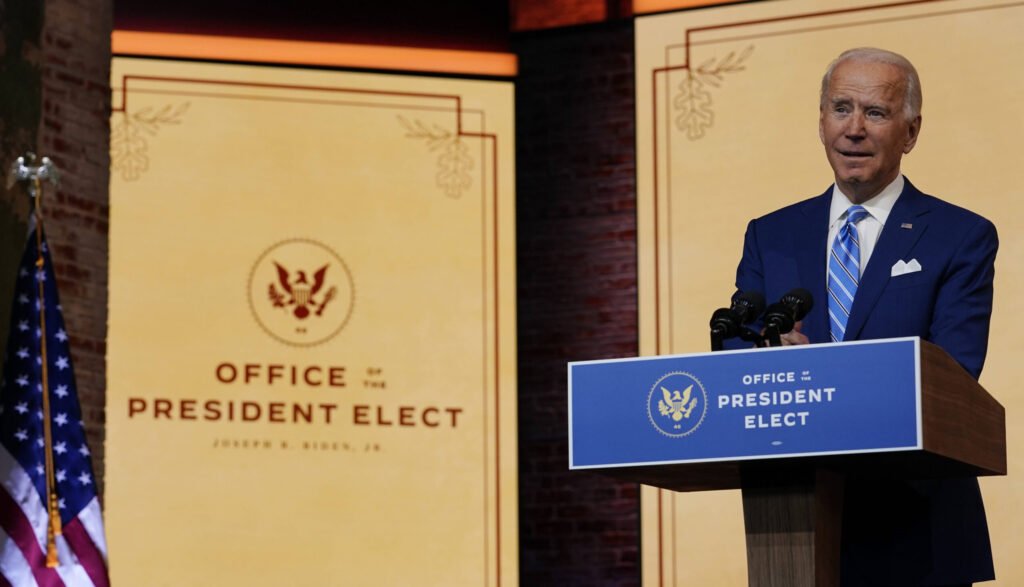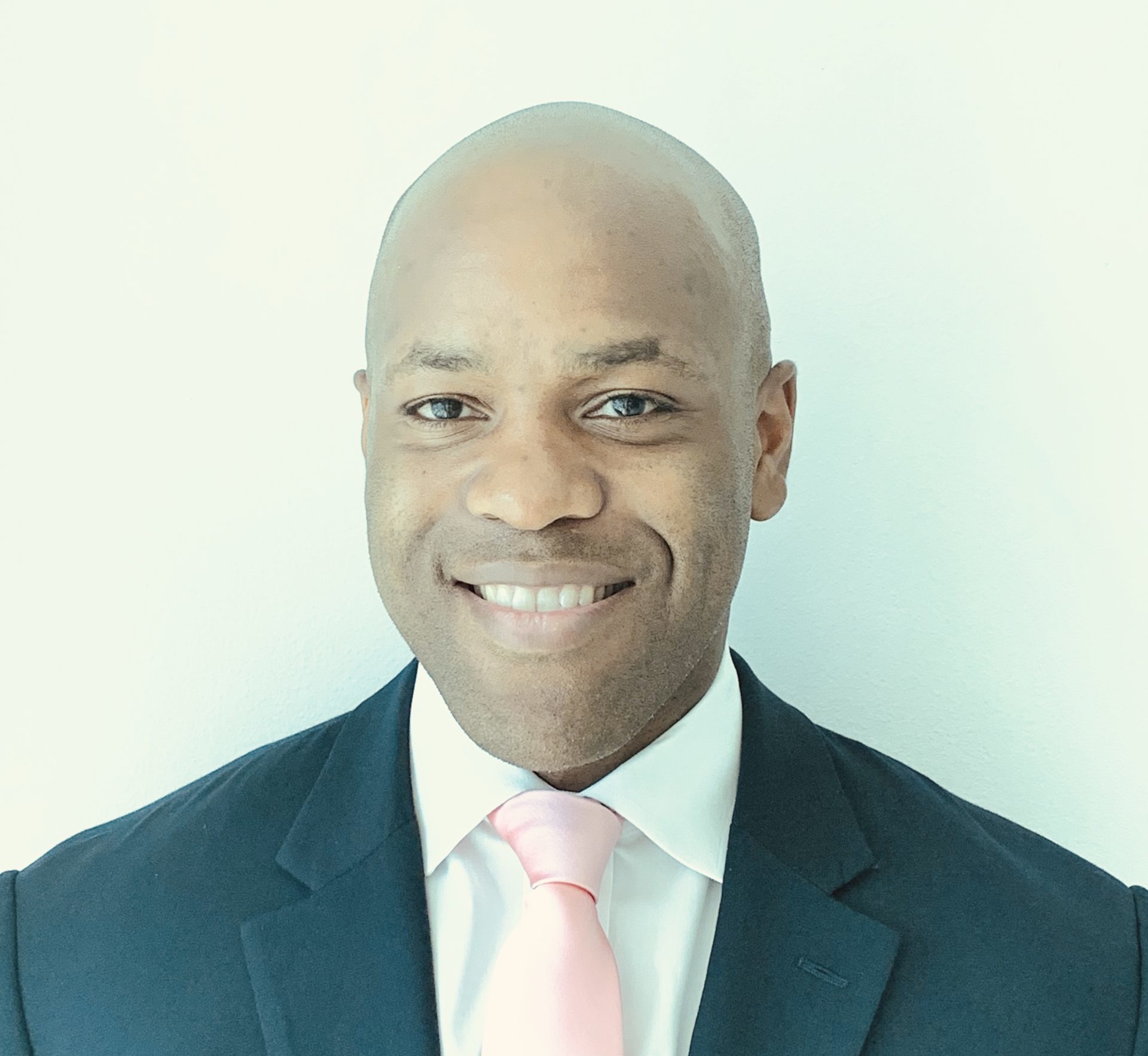
This originally appeared on TheAfricaReport.com
Africa, in the eyes of some political analysts, has been an after-thought for Washington these last four years. But that’s not necessarily a bad thing; it speaks to the political and economic stability that dominates most of the 54 countries on the continent.
The reality of the conflict in Libya dominates US discussions and overshadows the removal of Sudan from state sponsors of terrorism and the growing strength and vitality of African-led institutions, such as the Economic Community of Western African States (ECOWAS) and the African Union (AU), to address regional conflicts.
Thereby, President Joe Biden will be encountering a ‘better’ Africa than when he was vice president to President Barack Obama He should also enjoy what feels like strong bipartisanship on Africa in Washington with programmes on African leadership, partnerships in public health, and trade preferences.
That said, Biden will encounter a few major issues that may not test bipartisanship but will surely require more than an after-thought approach.
Ethiopia’s Tigray war
An ongoing conflict between Ethiopia’s federal government and the Tigray regional leadership, the Tigrayan People’s Liberation Front (TPLF), could destabilise the eastern region of Africa. Both sides blame each other for firing the first shot in the conflict with Prime Minister Abiy Ahmed, who is of Oromo descent, also arguing that the Tigray leadership is still bitter since their ethnic group no longer holds the position of Prime Minister. Both also cannot agree on interpretation of the Ethiopian constitution and the powers bestowed upon the central government versus regions like Tigray.
Despite the Ethiopian army claiming early victories against the TPLF, the TPLF’s firing of rockets over the border at the Eritrean capital of Asmara can only expand the sphere of war and conflict versus contain it.
If Eritrea gets involved in this conflict, other international powers will have to pay attention. Though the response from international institutions, including the African Union and the United Nations, may be moderated with a simple request for violence to stop. It is not clear how any outside can be helpful with (or survive) a federal constitutional interpretation debate and process with Abiy and the TPLF.
Still, it is hard to imagine the US not weighing in on this conflict. The US views Ethiopia as a partner – even if it can abandon the country on its Great Renaissance Dam (GERD) on the Nile. But it cannot let democracy (and the centralised power of the Ethiopian government) weaken in a state vital to security and stability in East Africa.
Nigeria and the Special Anti-Robbery Squad (SARS)
Nigerians have been demonstrating since early October, demanding the end of the infamous police unit, the Special Anti-Robbery Squad (SARS), that has long been accused of unjustified violence and harassment.
Established in 1992, SARS members are heavily armed and sanctioned by the government to fight violent crime. The special police unit’s behaviour is as much synonymous with disregard for the law as the criminals it attempts to catch. As the police brutality and impunity become evermore documented by NGOS and local Nigerians, the #EndSARS campaign has become a movement with international attention similar to the #BlackLivesMatter movement.
It’s the international attention that will put this movement at the doorstep of President Biden. The government has established a new unit called SWAT Special Weapons and Tactics), but Nigerians worry that SWAT will only be SARS officers in new uniforms. As Nigerians continue to align themselves with black Americans and fellow Africans in the US, a Biden administration will have to take a stance on the issue.
To be fair, it is not clear what the US can or should be doing to change the situation in Nigeria. SARS is a function of corruption and a lack of accountability within the system. Thus, if anything, the message may simply be a moral one on cleaning up the system and protecting all Nigerians.
China, Russia, and Africa
The Trump administration has railed against the increasing influence of China and Russia in Africa. Both countries are spending on development with a focus on influencing politics and security.
The US may rightfully want to stay out of the spending spree in the region, but resources and time are required to support continued political peace and economic growth. Traditional (and reliable) African partners, such as Nigeria and Ethiopia, as discussed above, alongside South Africa and Cote d’Ivoire, all face a fragile political or economic road in the near term.
Washington would do well to stand by its allies in the region as any sign of chaos or fragility or power vacuum in the region will be viewed as an opening by both China and Russia.
Accordingly, it should be no surprise if a Biden administration adopts Trump’s contempt for China and Russia in the region and angles for increased US influence. That is easier said than done when you have a major domestic recovery plan and limited goodwill to spend on an undefined ‘Cold War’ in Africa.
